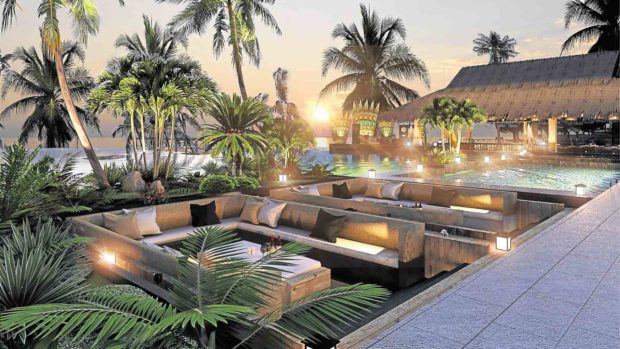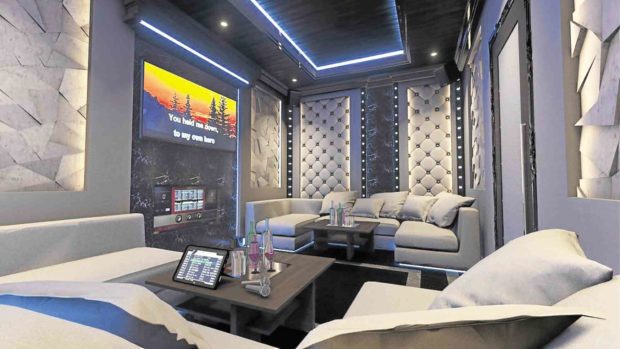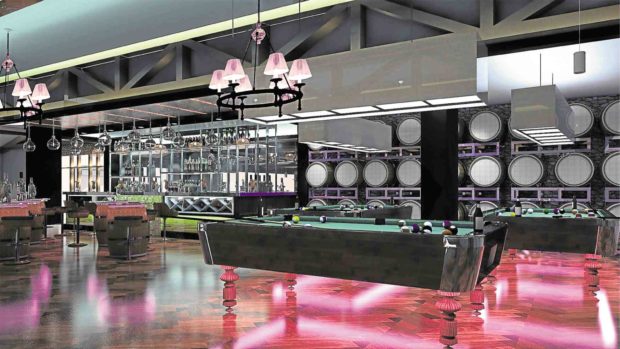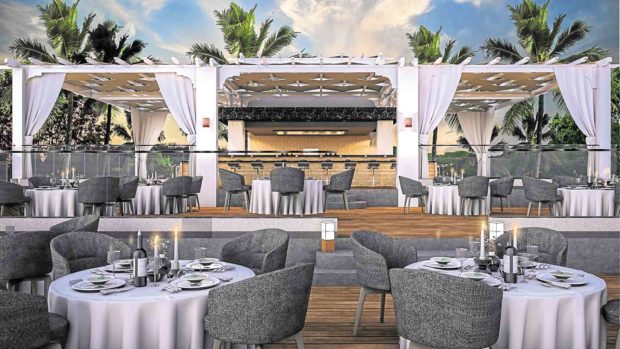Hospitality design trends in 2020

To provide an unforgettable stay, hotels need to set up a local-themed atmosphere and offer a vibrant selection of local dishes.
Many hotels are now transforming accommodation packages into promises of a great escape—from redesigning the guestrooms and communal spaces, to providing top services and memorable experiences, to meet the global traveler’s extra expectations.
Next year, the hospitality industry is projected to integrate more tech-driven guest experiences, Instagram-worthy and green spaces, as well as personalized activities. Here are some of the hospitality trends in 2020.
Culturally immersive experiences
As the consumers’ interest shifts, today’s travelers are now gravitating more towards local experiences over commodities and amenities. In fact, 67 percent of high-income individuals prefer to spend their money on culturally immersive activities than an upscale hotel room.
Next year, many hotels are expected to incorporate more locally-made materials—from bedrooms, chairs and tables to the lighting fixtures and ceiling treatments. Creating customized itineraries based on a visitor’s curiosities is essential to promote unforgettable activities. Along with sightseeing, food also plays a major role in showcasing the culture and heritage of the location.
Article continues after this advertisementTo provide an unforgettable stay, hotels need to set up a local-themed atmosphere and offer a vibrant selection of authentic local dishes.
Article continues after this advertisementInstagram-worthy spaces
Instagram is one of the effective marketing tools for building brand awareness as many people are now using social media to discover and share new brands.
Hotels need to incorporate quirky and playful design concepts to become an Instagram-worthy hotel. Using themes adds different visual flavors to the overall ambiance, turning online surfers into potential clients. Some examples of themed spaces could be interactive walls at the lobby area, medieval grand staircases or origami-inspired lounges.
Demand for bleisure travel
Bleisure is a mix of business travel and leisure activities, an increasingly popular trend, especially for travelers who like to extend their stay after business conventions.
To respond to this, hotels should provide guests with easy access to the internet, an in-room workstation, accessible power outlets, ironing facilities and well-planned business and conference rooms. Integrating meeting rooms and function halls near leisure facilities for indoor sports or swimming are attractive for bleisure travelers who bring along families for their getaway.
Shared places to both socialize and be alone
Travelers tend to spend more time socializing and working within common areas such as lobbies or cafés than being confined in rooms.
The term “isolated togetherness” is used to describe this new behavior wherein people are communicating with each other through devices despite being physically present in the same area.
This phenomenon could fast dictate the space planning for hotels in 2020. From creating stylish lounges to multiple bar areas, many hotels now offer daily events including food tasting, wellness sessions, art performances, karaoke sessions, among others, as a subject for sharing social experiences online.
Smart hotels
Demand for smart hotels is expected to rise in the coming years, therefore the Internet of Things (IoT) might be a vital feature for hotels in 2020.
One of the main benefits of a smart hotel is the ability to offer guests a higher level of personalization by allowing better control of heating, airconditioning and even lighting moods from their mobile devices, or to turn on the entertainment systems through voice command.
Embracing sustainability
Sustainability will still be a fundamental aspect of successful brand management for hotels, as it is one of the rising global discussions facing the world today.
Many hotels are switching to eco-friendly materials and systems for décor, electrical, plumbing, HVAC and other building component requirements. Green walls, meditation gardens, indoor plants, waste segregation, recycling, or farm-to-table dining concepts are some starter efforts to help introduce sustainability awareness for the whole hotel organization.
Virtual reality and artificial intelligence
Virtual reality (VR) is being initiated by some forward-minded hoteliers. The entertaining use of images, sound and physical sensations between the digital and real worlds are becoming information tools for marketing, ordering and booking.
Guests can virtually jump into the 360-degree recreation of room tours or examine nearby attractions. Another technology that is becoming of age is artificial intelligence (AI) backed by big data analysis. AI helps hotels evaluate guest patterns to anticipate their habits in multiple ways. From using AI-fueled chatbots to robots at the hotel check-in desks or for room services, hotels are moving toward guest-centric hospitality.
For an industry where business is characterized by seasonality and growing competition, keeping up with the latest design based on trend influences is key for hoteliers and developers. Bootstrap for the exciting year ahead and beyond by integrating local leisure interests, digital technologies and authentic experiences to your hotel’s architectural environment.
The author manages his own architectural and technology studio helping local and international clients looking for unique and future design specialties for hotels, condominiums, museums, commercial and mixed-use township developments with a pursuit for the meta-modern in the next Philippine architecture.



